With a truly wide-ranging scientific programme, the FENS Forum 2024 will bring together top experts in all fields of neuroscience from Europe and around the world.
Plenary Lecture Speakers
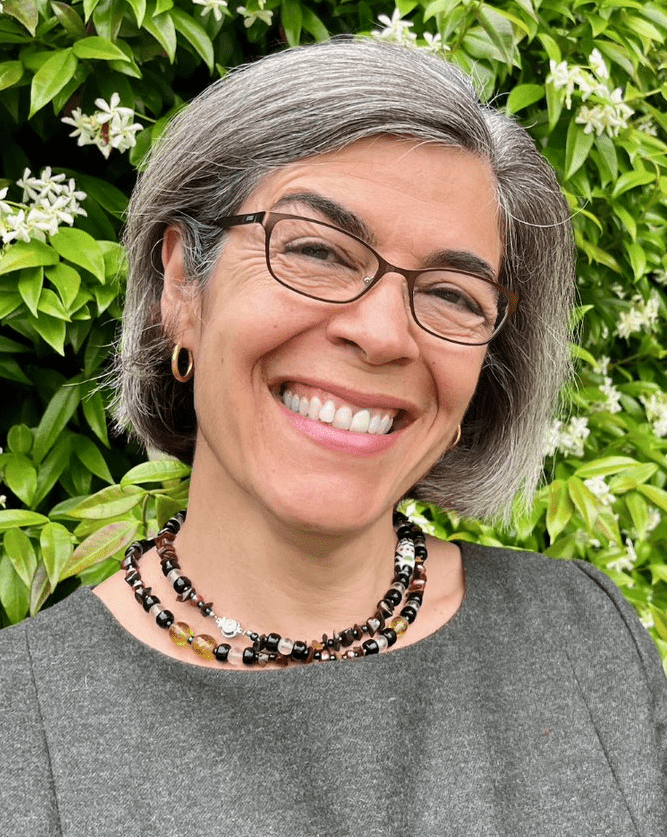
Anna Christina (Kia) Nobre
Yale University, USAKia Nobre is a cognitive neuroscientist interested in the organising principles of the neural systems that support adaptive cognition and behaviour in the human brain. Her research group is particularly well known for their innovative and multi-methodological studies of “attention” – on how the brain proactively and dynamically focuses on relevant information in memory and in the external environment to optimise perception, choice, action and learning. Kia’s research is recognised by many prestigious awards. She is a member of the British Academy, Academia Europaea and the National Academy of Sciences in the USA. She received the MRC Suffrage Science Award (2018), Broadbent Prize from the European Society for Cognitive Psychology (2019), Mentor Award from the Association for Psychological Sciences (2022) and de Carvalho Heineken Prize for Cognitive Science (2022). She serves the scientific community generously, acting on numerous advisory, editorial, funding and jury boards.
Kia currently directs the Wu-Tsai Center for Neurocognition and Behavior at Yale University. She grew up in Rio de Janeiro, Brazil. She obtained her undergraduate degree from Williams College (1985), gained her doctorate at Yale University and completed postdoctoral training at Yale and Harvard. She then spent many years at the University of Oxford (1994-2023), where she recently held the Chair in Translational Cognitive Neuroscience.
Anna Christina (Kia) Nobre
Yale University, USA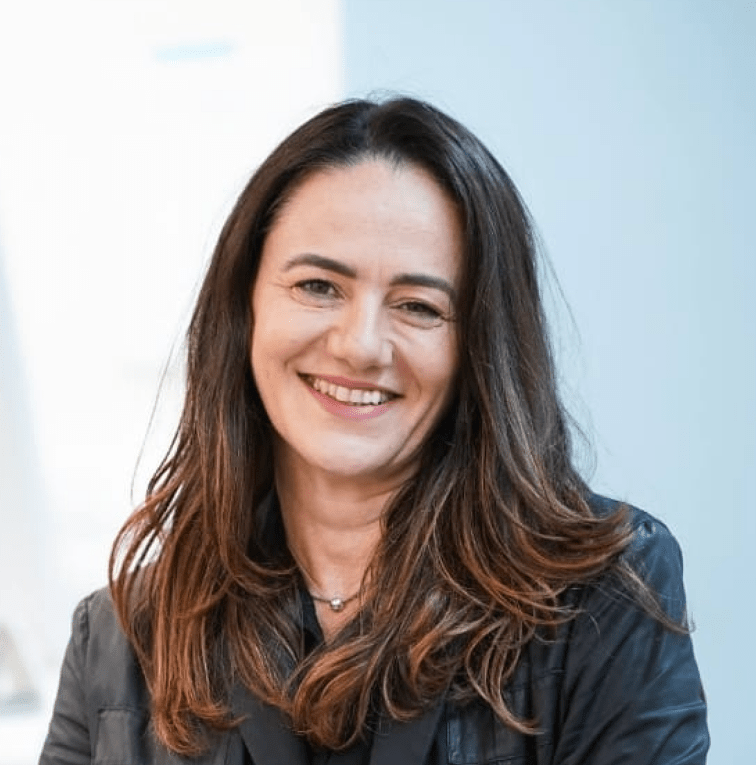
Asya Rolls
Rappaport Medical School, Technion, Israel Institute of Technology, IsraelAsya Rolls is a professor of neuroimmunology specialising in investigating the physiological mechanisms underlying the impact of mental and emotional processes on immunity and health.
She earned her PhD from the Weizmann Institute and completed her postdoctoral training as a Fulbright Scholar at Stanford University, CA (US).
Dr Rolls is an alumnus of the FENS-KAVLI network of excellence (2015-2018) and an HHMI-Wellcome trust international scholar (2018-2023).
Her research has been recognised through awards and grants, including the Krill Prize (Wolf Foundation), the Adelis Brain Research Award and the ERC starting and consolidator grants. Employing state-of-the-art tools in neuroscience and immunology, Dr Rolls aims to decipher the neuronal pathways involved in brain-immune signals with the long-term goal of harnessing the brain's therapeutic potential.
Asya Rolls
Rappaport Medical School, Technion, Israel Institute of Technology, Israel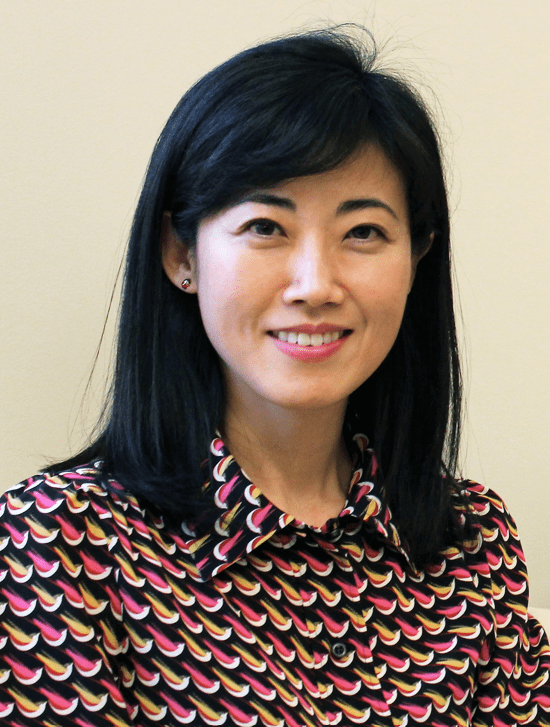
Gloria Choi
The Picower Institute for Learning and Memory, MIT, USAGloria Choi is an investigator at the Picower Institute for Learning and Memory and an associate professor in the Department of Brain and Cognitive Sciences at the MIT - Massachusetts Institute of Technology (USA). She received her undergraduate degree from the University of California, Berkeley (USA). Choi completed her PhD at the California Institute of Technology, where she worked in the laboratory of David Anderson. She was a postdoctoral research scientist in the laboratory of Richard Axel at Columbia University. Choi’s lab studies the interaction of the immune system with the brain and the effects of that interaction on neurodevelopment, neural circuit function and behaviour.
Gloria Choi
The Picower Institute for Learning and Memory, MIT, USA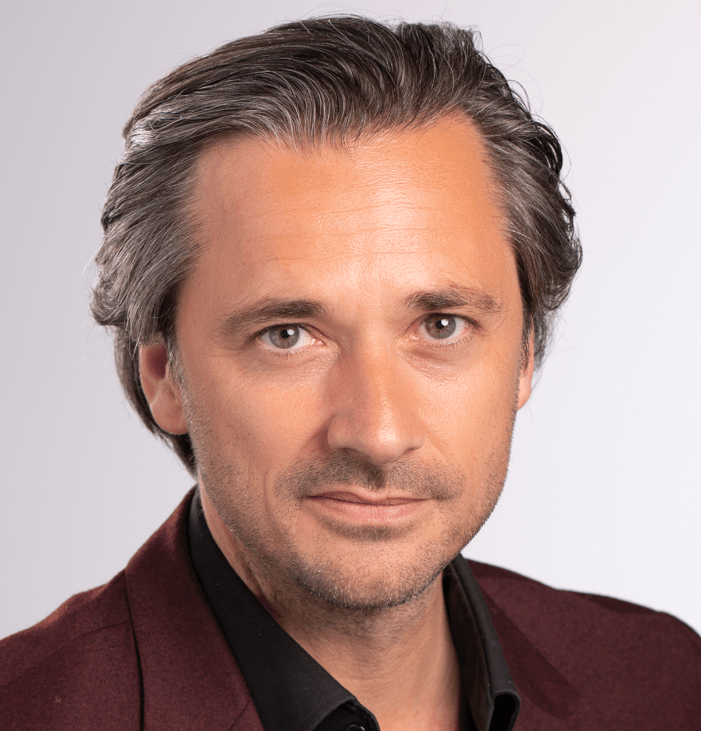
Gregoire Courtine
Ecole Polytechnique Fédérale de Lausanne (EPFL), University Hospital Lausanne and University of Lausanne, SwitzerlandGregoire Courtine is a neuroscientist with a background in physics and neuroscience. Dr Courtine holds a professorship within the NeuroX Institute of the Ecole Polytechnique Fédérale de Lausanne (EPFL), in the neurosurgery department of University Hospital Lausanne (CHUV) and at the Faculty of Medicine and Biology of the University of Lausanne (UNIL). He also co-founded the Defitech Center for Interventional Neurotherapies, NeuroRestore, which he leads as co-director with Dr Jocelyne Bloch. NeuroRestore is a research, innovation and treatment centre that develops and applies bioengineering strategies involving neurosurgical interventions to restore neurological functions. His collaborative and synergistic approach to research and development has led to numerous scientific discoveries, including the conception of mechanism-based neuroprosthetic implants that restored walking in people with chronic paralysis. In 2014, Gregoire Courtine also co-founded the scale-up company ONWARD Medical with the aim to translate the therapies developed at NeuroRestore into clinical treatments.
Gregoire Courtine
Ecole Polytechnique Fédérale de Lausanne (EPFL), University Hospital Lausanne and University of Lausanne, Switzerland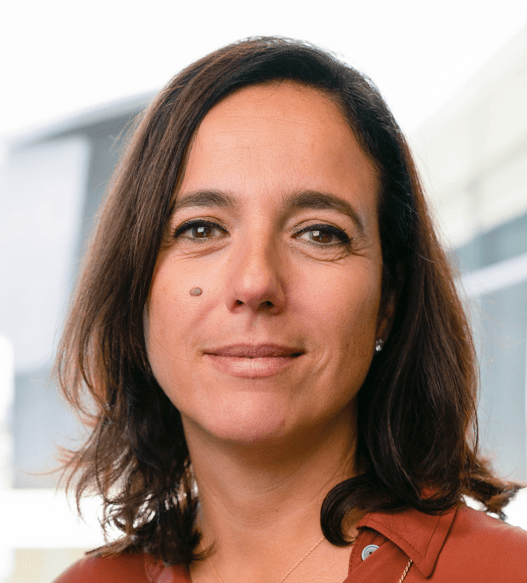
Jocelyne Bloch
Ecole Polytechnique Fédérale de Lausanne (EPFL), University Hospital Lausanne and University of Lausanne, SwitzerlandDr Jocelyne Bloch is a neurosurgeon at the University Hospital Lausanne (CHUV) where she leads the functional neurosurgery unit. She is a professor within the NeuroX institute of the Ecole Polytechnique Fédérale de Lausanne (EPFL), within the neurosurgical department of CHUV and at the Faculty of Medicine of the University of Lausanne (UNIL).
Dr Bloch co-founded the Defitech Center for Interventional Neurotherapies, named NeuroRestore, which she leads together with Dr Gregoire Courtine as co-director. NeuroRestore is a research, innovation and treatment centre that develops and applies bioengineering strategies involving neurosurgical interventions to restore neurological functions.
In 2014, Dr Blochco-founded ONWARD Medical with the aim to translate the neurotherapies developed at NeuroRestore into clinical treatments. Together with Dr Gregoire Courtine, Jocelyne is known worldwide for the conception of neuroprosthetic implants that restored walking in people with chronic paralysis. The results of their research have been published in numerous original articles in Science and Nature journals and broadly publicised in print and broadcast media across the world.
Jocelyne Bloch
Ecole Polytechnique Fédérale de Lausanne (EPFL), University Hospital Lausanne and University of Lausanne, Switzerland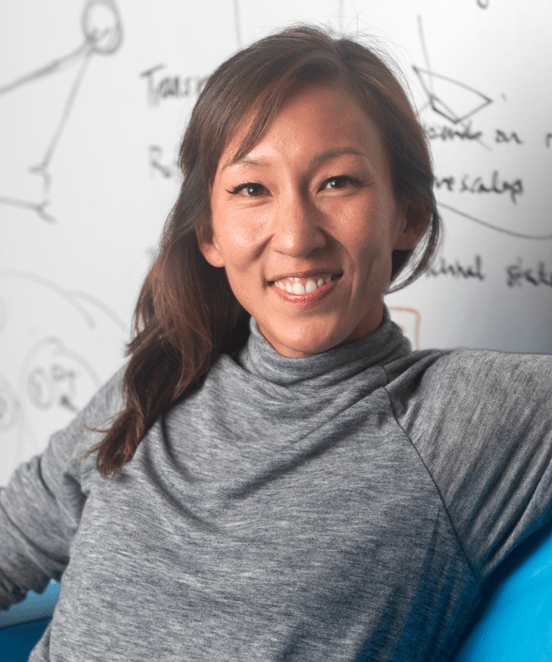
Kay Tye
Howard Hughes Medical Institute, The Salk Institute, Kavli Institute for Brain and Mind, La Jolla, USAKay Tye earned her bachelors from the MIT - Massachusetts Institute of Technology (USA) in 2003, majoring in Brain and Cognitive Sciences. She completed her PhD for with Patricia Janak at UCSF, focusing on how the amygdala undergoes plasticity for reward learning. She did her postdoctoral training with Karl Deisseroth at Stanford University, where she pioneered the use of projection-specific optogenetic manipulations, a mainstay of circuit neuroscience and used this approach to dissect anxiety circuits in the amygdala. She started her own lab at MIT in 2012, investigating the neural circuit mechanisms of emotional valence. In 2017, she won the NIH Director’s Pioneer Award to study social homeostasis, a conceptual framework she formalised in 2019. Tye moved her lab to the Salk Institute in 2019 and became Wylie Chair Professor of the Systems Neurobiology Laboratory and an HHMI Investigator in 2021. She continues to investigate the neural bases of emotional valence and social homeostasis on the circuit and systems level.
Kay Tye
Howard Hughes Medical Institute, The Salk Institute, Kavli Institute for Brain and Mind, La Jolla, USA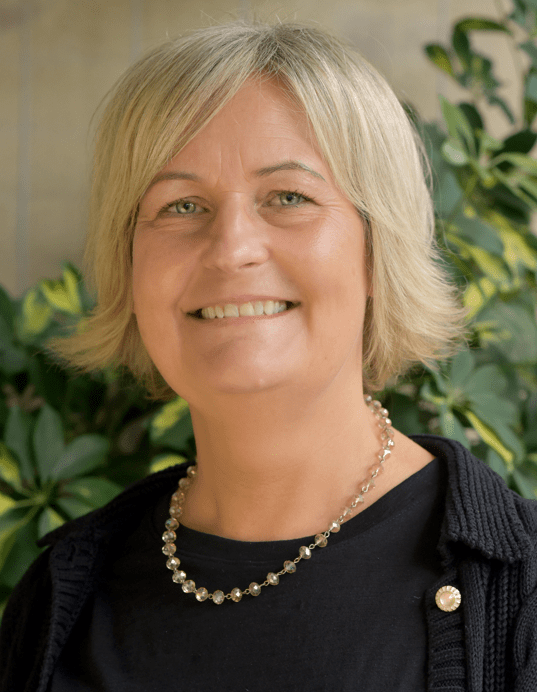
Malin Parmar
Lund University, SwedenDr Malin Parmar is a professor of cellular neuroscience at Lund University in Sweden, a Distinguished Professor of the Swedish Research Council and a New York Stem Cell Foundation Robertson Investigator. Together with her lab, she has made significant discoveries on how human fibroblasts can be converted into neurons, how glial cells can be reprogrammed into neurons in vivo and how functional dopamine neurons can be generated from human embryonic stem cells. Her research has a strong translational focus and she leads the European trial STEM-PD, the first-in-human trial using stem cell-derived dopamine neurons to treat Parkinson’s Disease. She is a member of the Swedish Royal Academy Of Science and an executive member of the ISSCR Board.
Malin Parmar
Lund University, Sweden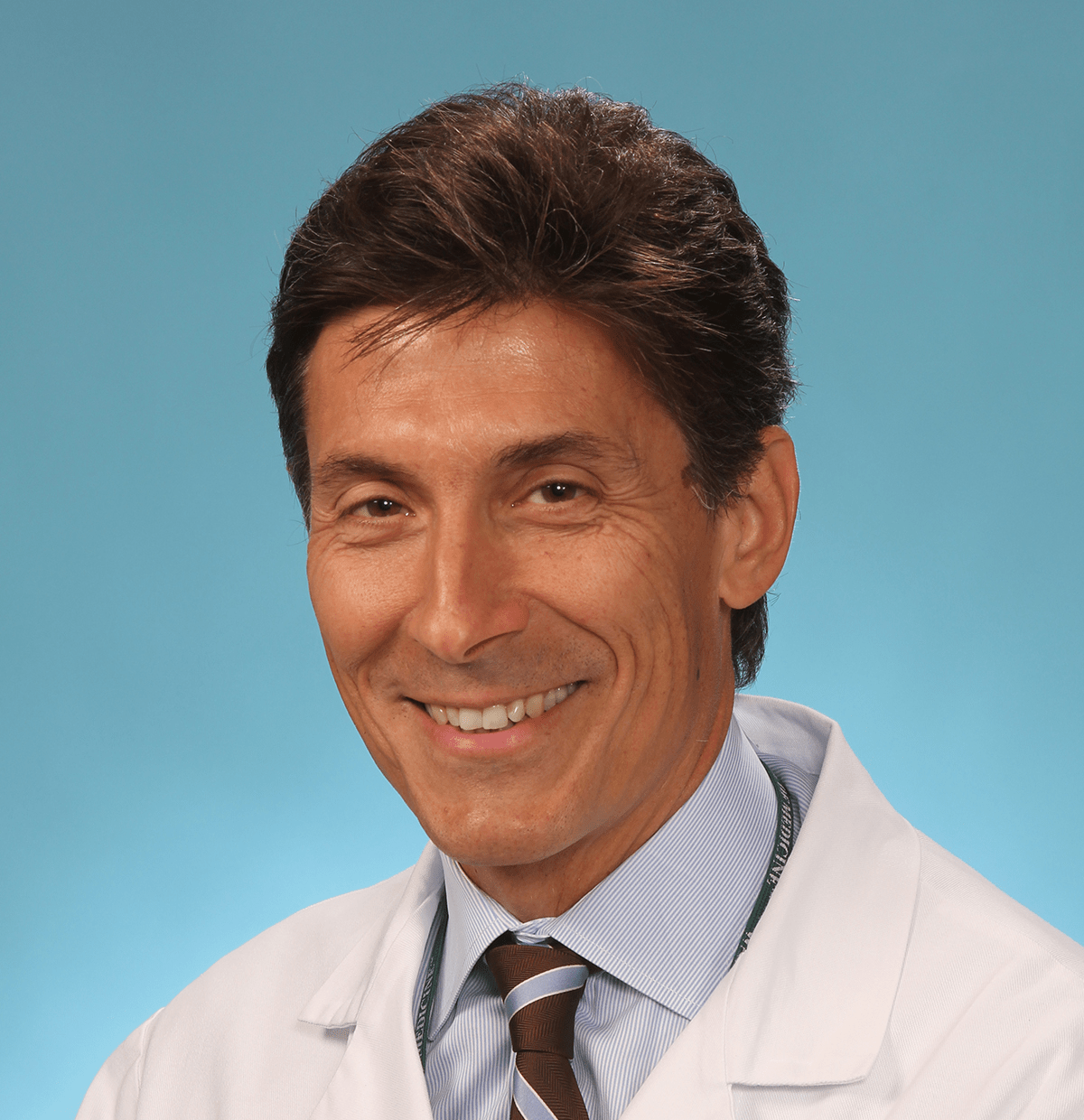
Maurizio Corbetta
Neuroscience department, University of Padova, ItalyMaurizio Corbetta is a neurologist who investigates the functional and structural organisation of the brain, cognition and neurological recovery following injuries. Corbetta has made groundbreaking discoveries related to attention control and its relationship to specific brain networks using neuroimaging. Specifically, he has identified two brain networks associated with attention control and has provided a model for normal and pathological human attention.
Corbetta has also focused on understanding the functional organisation of brain networks employing a combination of fMRI, electroencephalography (EEG) and magnetoencephalography (MEG). His work has revealed that the seemingly random activity in the brain is organised in both space and time and that this spontaneous architecture is a fundamental feature of the brain.
Finally, Corbetta has shown that focal brain injuries can lead to widespread functional brain network abnormalities, which in turn explain behavioural deficits and recovery processes.
Maurizio Corbetta is a Professor and Chair of Neurology at the University of Padova (IT) and Emeritus Professor at the Washington University St. Louis (US). He is also the Founding Director of the Padova Neuroscience Center, a multidisciplinary research centre dedicated to Systems, Computational and Circuit Neuroscience. He is a Highly Cited Researcher by Clarivate, member of the prestigious “Academia dei Lincei” and serves as the coordinator of the ERC Synergy project NEMESIS aimed at understanding the circuit mechanisms of stroke and their modulation through non-invasive stimulation.
Maurizio Corbetta
Neuroscience department, University of Padova, Italy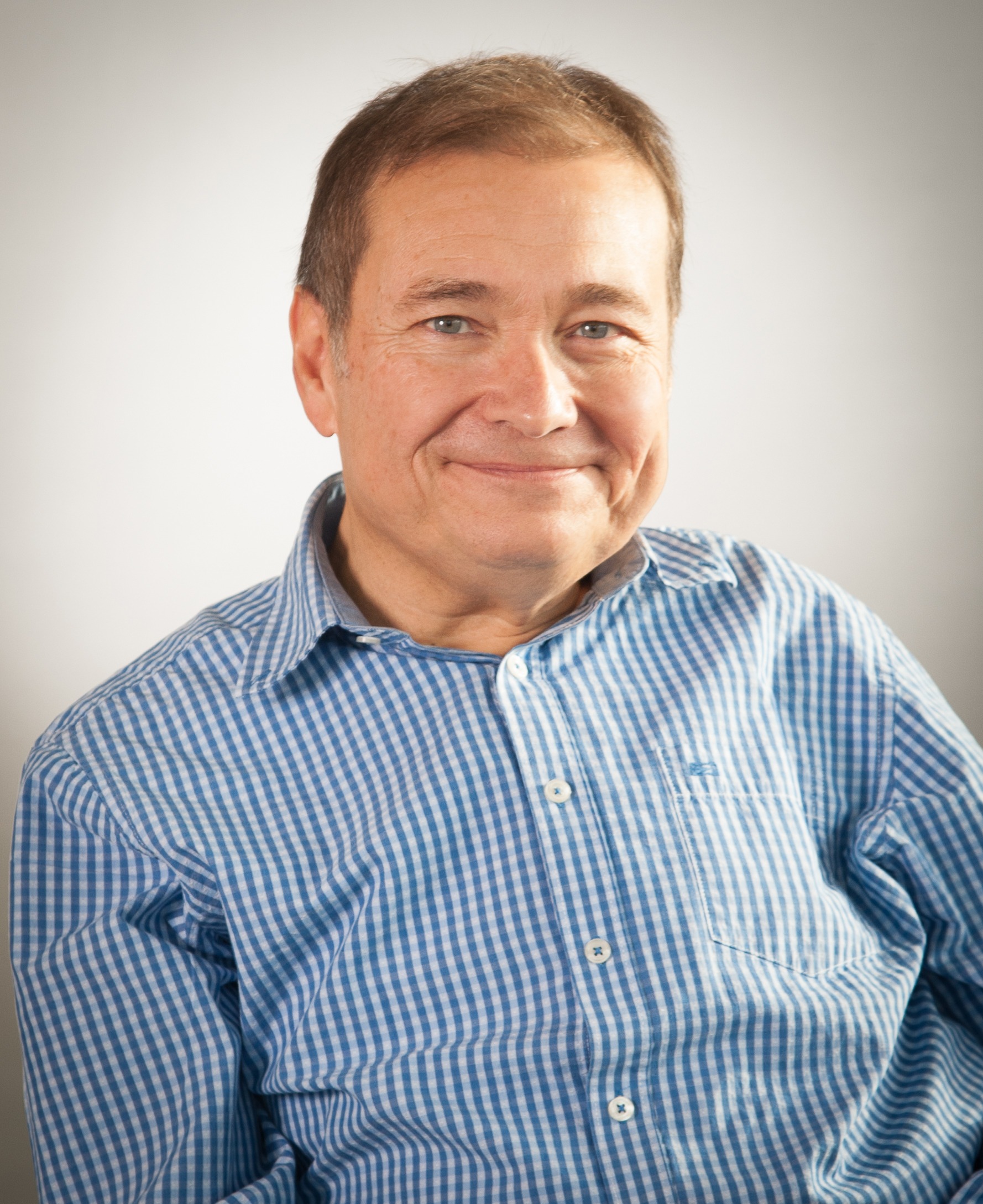
Onur Güntürkün
Institute of Cognitive Neuroscience , Faculty of Psychology, Ruhr-University Bochum, GermanyOnur Gunturkun is a Turkish-born professor of biopsychology at the Ruhr-University of Bochum, Germany. He is passionate about the inner workings of the brain and he dedicated his career to unravelling complex questions such as ``Can different brains produce the same cognition?`` and ``Why are brains asymmetrically organised?``. Throughout his extensive academic journey, Dr Gunturkun has conducted groundbreaking research in a variety of esteemed universities and institutions. His studies have encompassed a diverse range of experimental projects, using animal models such as pigeons, humans, dolphins, corvids and crocodiles. He is a cognitive and comparative neuroscientist who uses different research approaches: fieldwork, single-cell recordings, behavioural experiments, neuroanatomy, brain imaging and ultrahigh magnetic fields.
Dr Gunturkun has been elected as a member of several prestigious academies, including the German National Academy of Sciences Leopoldina (link here https://research.com/u/onur-gunturkun). His exceptional achievements have also earned him numerous national and international scientific awards, including the esteemed Gottfried Wilhelm Leibniz Prize, the TÜBITAK special award (the Turkish science award) and an ERC Advanced Grant.
Onur Güntürkün
Institute of Cognitive Neuroscience , Faculty of Psychology, Ruhr-University Bochum, Germany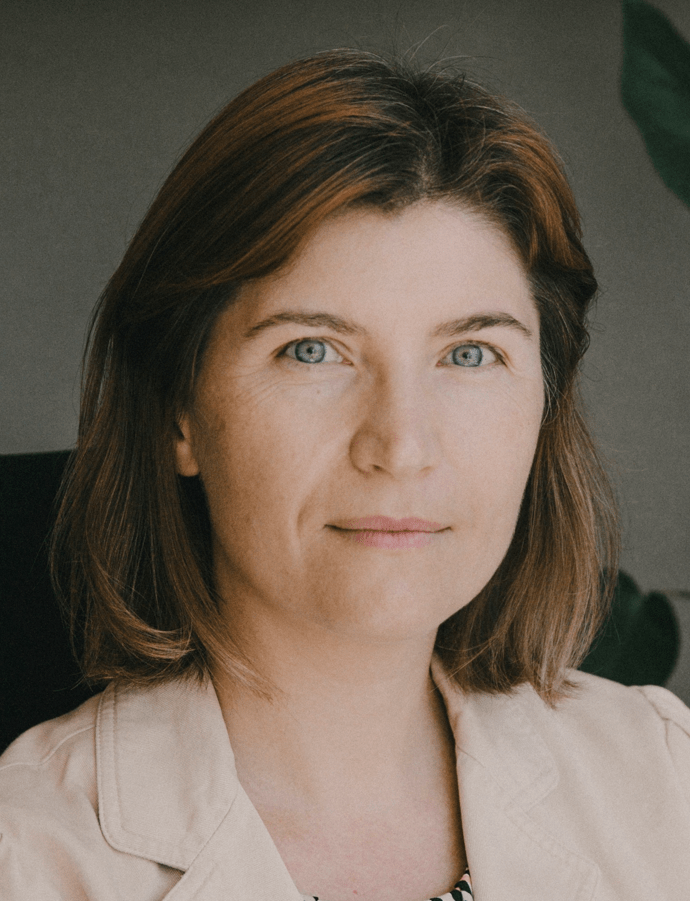
Viviana Gradinaru
California Institute of Technology (Caltech), Heritage Medical Research Institute, Center for Molecular and Cellular Neuroscience, USADr Viviana Gradinaru completed her BSc. at the California Institute of Technology (Caltech) and her PhD in Neuroscience at Stanford University, USA. She is now the Troendle Chair Professor of Neuroscience and Biological Engineering and Director of the Center for Molecular and Cellular Neuroscience at Caltech. Gradinaru’s research explores brain/body circuits malfunctioning in neurological disorders (including sleep and locomotion) and molecular routes to deliver therapeutics across the blood-brain-barrier (BBB). To advance this research, she developed neurotechnologies that are now used by thousands of laboratories worldwide for: (1) precise control/readout of neuronal activity with optogenetic actuators and sensors, (2) tissue clearing and imaging for whole-organ molecular mapping and (3) adeno-associated viral vectors (AAVs) for gene delivery across the BBB. With over 100 publications and more than 20 patents, Gradinaru also helps translate her research for human therapy/diagnostics, licensing optogenetic, tissue-clearing and gene-delivery technologies to companies including Caltech spin-off Capsida Biotherapeutics, a fully-integrated AAV engineering and gene therapy company of which Gradinaru is co-founder and director. Gradinaru has received many honours, including National Academy of Inventors Fellow and AAAS Fellow ``for extraordinary achievements in bioengineering and neuroscience, including development and sharing of multiple novel tools to enable functional and anatomical access to the vertebrate nervous system,`` NIH Director’s Innovator and Pioneer Awards, Presidential Early Career Award for Scientists and Engineers and outstanding young investigator awards from the American Society of Gene and Cell Therapy and the Society for Neuroscience. Gradinaru has pioneered optogenetics and systemic gene delivery to the brain, fields with the potential to revolutionise treatment of nervous system disorders.
Viviana Gradinaru
California Institute of Technology (Caltech), Heritage Medical Research Institute, Center for Molecular and Cellular Neuroscience, USASpecial Lecture Speakers
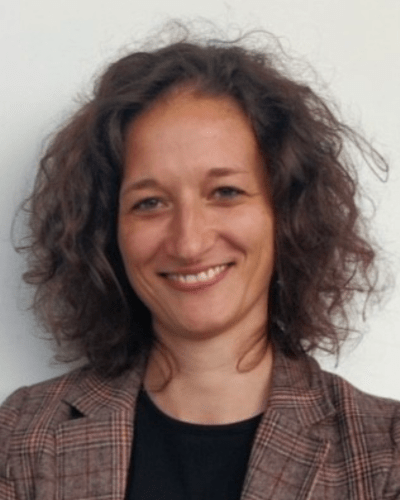
Sara Bizzotto
Sorbonne Université, Institut du Cerveau (Paris Brain Institute) ICM, Inserm, CNRS, Hôpital de la Pitié Salpêtrière, Paris, FranceFENS-EJN Young Investigator Prize Lecture
---
Dr Sara Bizzotto is a Principal Investigator at the French National Institute of Health and Medical Research (Inserm) and Paris Brain Institute (ICM). She obtained a PhD in genetics and neurodevelopment from Sorbonne University in 2016, in the lab of Dr Fiona Francis at Institut du Fer à Moulin. During her PhD, she characterised the role of a new gene causing a rare and severe form of subcortical heterotopia, a developmental disorder of the cerebral cortex. Her work showed a new disease mechanism that is primarily due to progenitor detachment from their natural location in the developing forebrain. After her PhD, Dr Bizzotto joined the lab of Prof. Christopher A. Walsh at Harvard Medical School Children’s Hospital (Boston, USA), where she started studying genetic mosaicism in the human brain. Her work showed that postzygotic somatic mutations trace cell phylogenies in human tissues, providing novel insights into lineage segregation at landmark steps of development. In a separate study, she also contributed to showing that somatic mutation in the ageing human brain occurs with cell type-specific mechanisms and rates. Furthermore, during her postdoc, Dr Bizzotto continued addressing the pathophysiology of developmental brain disorders by focusing on mosaic focal cortical dysplasia. She also pursued this research interest as an MSCA research fellow in the lab of Dr Stéphanie Baulac at ICM, which she joined in late 2021. In 2023, Dr Bizzotto obtained an ERC starting grant to support her current research, which focuses on brain mosaicism and how cell phylogenies shape the human brain.
Sara Bizzotto
Sorbonne Université, Institut du Cerveau (Paris Brain Institute) ICM, Inserm, CNRS, Hôpital de la Pitié Salpêtrière, Paris, France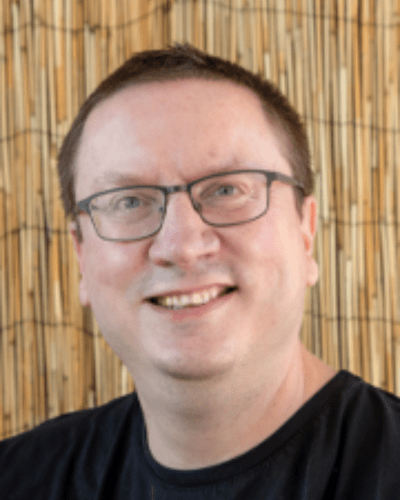
Iain Couzin
Max Planck Institute of Animal Behavior & University of Konstanz, Department of Collective Behaviour, GermanyThe EBBS/Behavioural Brain Research Lecture
---
Iain Couzin is the Director of the Max Planck Institute of Animal Behavior and a Professor and Speaker of the Excellence Cluster “Centre for the Advanced Study of Collective Behaviour” at the University of Konstanz, Germany. Previously, he was an Assistant and then Full Professor in the Department of Ecology and Evolutionary Biology at Princeton University (USA), and, prior to that, a Royal Society University Research Fellow in the Department of Zoology, at University of Oxford, and a Junior Research Fellow in the Sciences at Balliol College, Oxford. His work aims to reveal the fundamental principles that underlie evolved collective behaviour, and consequently, his research includes the study of a wide range of biological systems, from neural collectives to insect swarms, fish schools and primate groups. In recognition of his research, he was the recipient of the Searle Scholar Award in 2008, the top five most cited papers of the decade in animal behaviour research 1999-2010, the Mohammed Dahleh Award in 2009, Popular Science’s ``Brilliant 10” Award in 2010, National Geographic Emerging Explorer Award in 2012, the Scientific Medal of the Zoological Society of London in 2013, a Web of Science Global Highly Cited Researcher since 2018, the Lagrange Prize in 2019, the Falling Walls Life Sciences Award and the Gottfried Wilhelm Leibniz Prize (Germany's highest research honour) in 2022 and the Rothschild Distinguished Fellowship from the University of Cambridge in 2023.
Iain Couzin
Max Planck Institute of Animal Behavior & University of Konstanz, Department of Collective Behaviour, Germany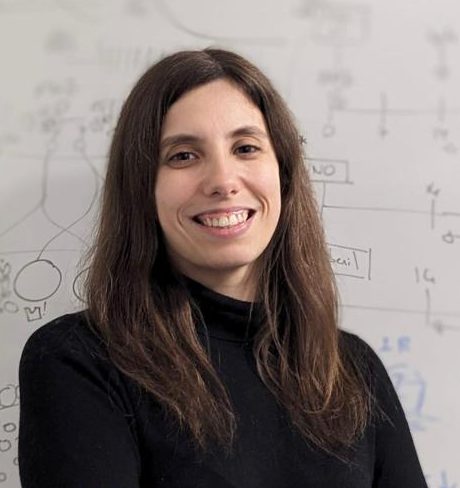
Ana Dorrego-Rivas
Centre for Developmental Neurobiology, King's College London, UKThe ERA-NET NEURON/Excellent Paper in Neuroscience Award Lecture
---
Dr Ana Dorrego-Rivas is a postdoctoral researcher at Prof. Matthew Grubb's lab at the Centre for Developmental Neurobiology - King's College London (UK). She is currently investigating neurotransmitter release strategies in dopaminergic neurons in the mouse olfactory bulb using anatomical and electrophysiological approaches. This year, she will start a project tackling axodendritic interactions during development as a Wellcome Trust Early-Career Fellow.
Before this, she completed her PhD at the lab of Drs Mireille Montcouquiol and Nathalie Sans at the Neurocentre Magendie in Bordeaux (France). She characterised a new role for Planar Cell Polarity (PCP) proteins in the establishment of neuronal polarity and the development and function of the axon initial segment (AIS), using immunofluorescence, super-resolution microscopy and biochemistry.
She is the recipient of the 'Excellent Paper in Neuroscience Award' of 2023 for her publication in the journal Science Advances 'The core PCP protein Prickle2 regulates axon number and AIS maturation by binding to AnkG and modulating microtubule bundling.
Ana Dorrego-Rivas
Centre for Developmental Neurobiology, King's College London, UK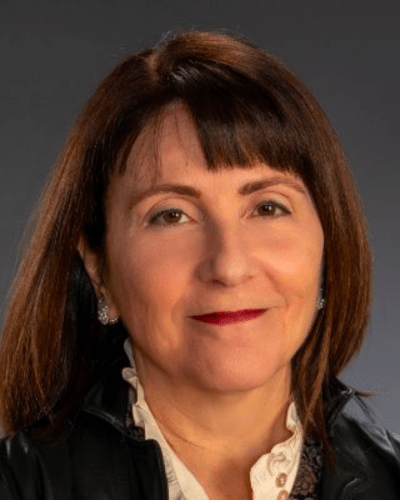
Lisa Feldman Barrett
Northeastern University, USAHost Society Special Lecture
---
Lisa Feldman Barrett, PhD, is a University Distinguished Professor of psychology at Northeastern University (USA) with appointments at the Massachusetts General Hospital (MGH). Dr Barrett is among the top 1% most-cited scientists worldwide for her research in psychology and neuroscience, having published over 270 peer-reviewed scientific papers. She has received numerous awards, including a Director’s Pioneer Award for transformative research from the US National Institutes of Health, a Guggenheim Fellowship in neuroscience, Mentor Awards from the Association for Psychological Science (APS) and the Society for Affect Science (SAS), and the Distinguished Scientific Contribution Award from the American Psychological Association (APA). Dr Barrett is an elected fellow of the American Academy of Arts and Sciences, the Royal Society of Canada, and a number of other honorific societies. She has testified before the US Congress, is the Chief Science Officer for the Center for Law, Brain and Behavior at MGH, and she has served as president of the Association for Psychological Science, co-founded the Society for Affective Science, and actively engages in informal science education for the public via popular books, articles and public lectures. She has authored two best-selling popular science books, How Emotions are Made: The Secret Life of the Brain and Seven and a Half Lessons About the Brain. Her TED talk has been viewed more than 7 million times to date.
Lisa Feldman Barrett
Northeastern University, USA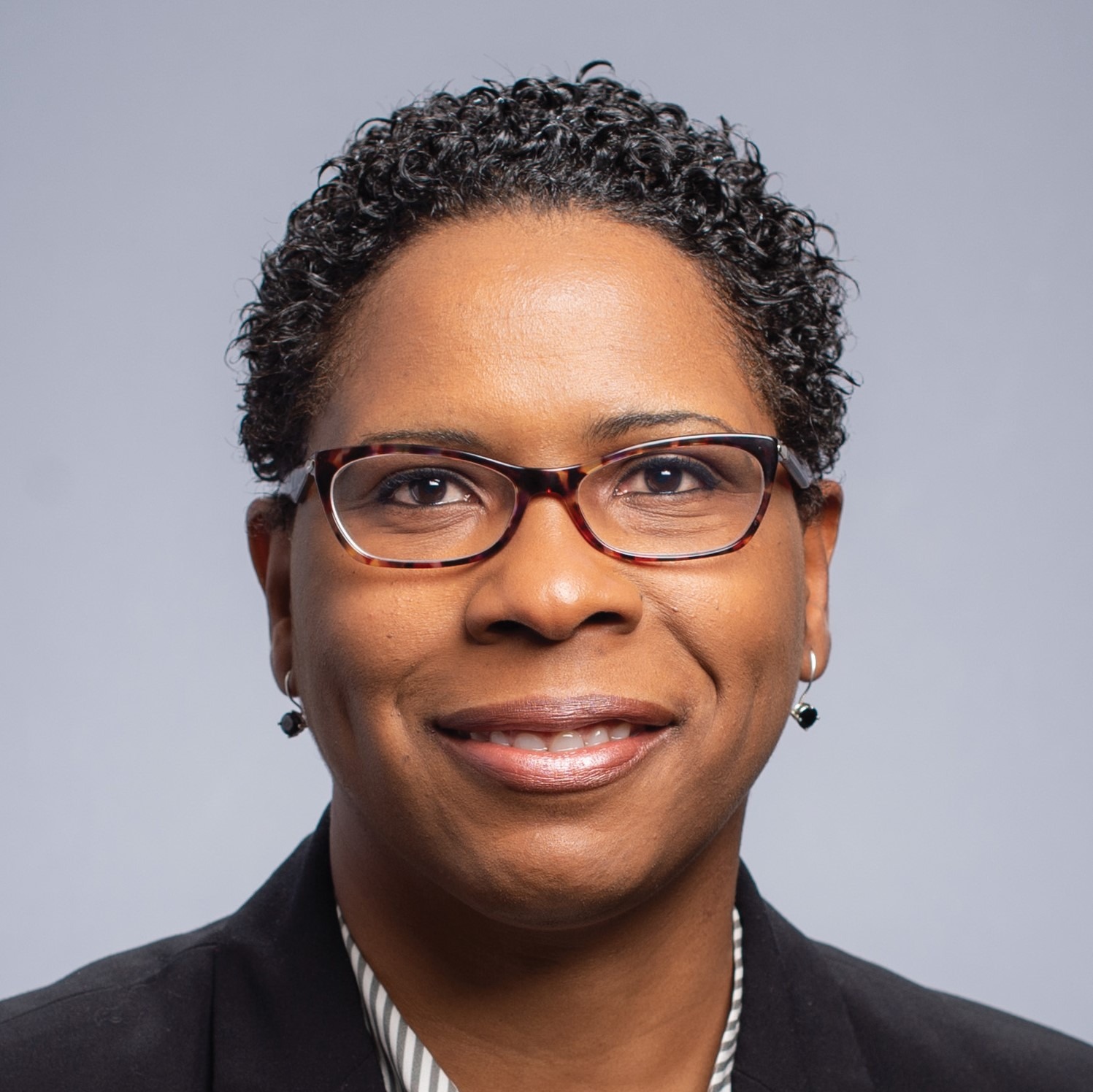
Michelle Gray
University of Alabama at Birmingham, USAEJN Special Feature Lecture
---
Dr Michelle Gray is the Jarman F. Lowder Endowed Professor in Neuroscience in the Heersink School of Medicine at the University of Alabama at Birmingham. She is an Associate Professor in the Centre for Neurodegeneration and Experimental Therapeutics in the Department of Neurology and has a secondary appointment in the Department of Neurobiology. In 2020, Dr Gray was profiled by The Scientist Magazine as a ``Scientist to Watch`` and named by Cell Press as one of 1000 inspiring Black Scientists in America. Dr Gray currently serves on the Scientific Advisory Boards for the Huntington's Disease Society of America and the Hereditary Disease Foundation. She has also served as a member or Chair of various National Institutes of Health study sections.
Dr Gray obtained a B.S. in Biology from Alabama State University, Montgomery Alabama. She received training as a developmental neurobiologist at the Ohio State University and performed postdoctoral training at the University of California, Los Angeles.
While a postdoctoral fellow she generated the widely used conditional human mutant Huntingtin expressing BACHD mouse model. This valuable tool allows for the study of cell type specific contributions to HD pathogenesis. Her lab has demonstrated that astrocytes are key contributors to the progression of Huntington's disease-like phenotypes using the BACHD model as well as a differential role of gliotrasmission on behaviour in this model. The current focus of her laboratory is understanding how astrocytes and interneurons interact in the striatum to contribute to the pathogenesis of HD.
Michelle Gray
University of Alabama at Birmingham, USA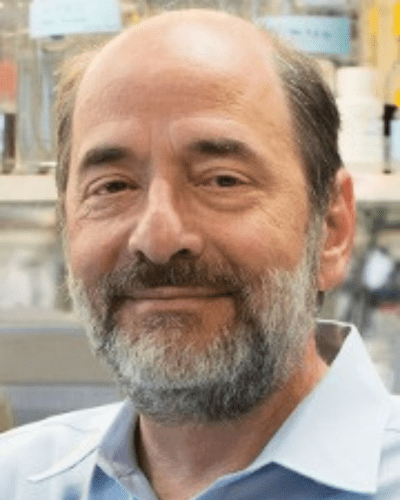
Michael Greenberg
Harvard University, USAThe Brain Prize Lecture 2023
---
Michael Greenberg received a BA in Chemistry from Wesleyan University in 1976, and a PhD in Biochemistry from Rockefeller University, New York, in 1982. In 1986 he was appointed Assistant Professor in the Department of Microbiology and Genetics at Harvard Medical School, where he was made full Professor in 1994. Since 2008 he has been the Nathan Marsh Pusey Professor of Neurobiology at Harvard Medical School in Boston, MA, USA.
Dr Michael Greenberg’s early publications focused on transcriptional programmes triggered in response to extracellular stimuli. Beginning in quiescent fibroblasts, where growth factor stimulation was found to rapidly up-regulate transcription of the immediate-early gene Fos and subsequently in neurons in response to neurotransmitter stimulation, these initial studies provided the first evidence that extracellular signals can rapidly induce new gene transcription. These initial studies also set the stage for a plethora of subsequent and ongoing investigations that have characterised the signal transduction pathways linking calcium influx at distal synapses to the neuronal nucleus, uncovered an extensive network of neuronal activity-responsive cis-regulatory elements that coordinate these gene expression changes and demonstrated significant neuronal cell-type- and species-specific diversity in these transcriptional responses that control important aspects of synaptic activity-regulated development and plasticity in complex neural circuits.
Michael Greenberg
Harvard University, USA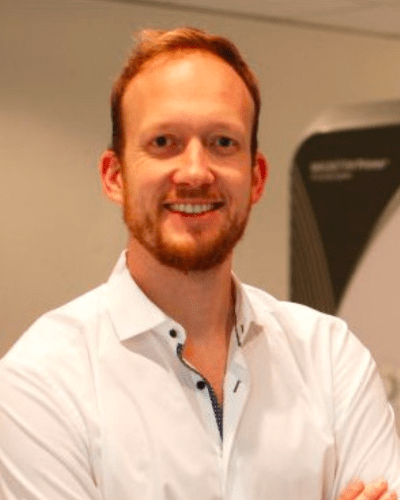
Tobias Hauser
University of Tübingen, Department for Psychiatry and Psychotherapy, GermanyFENS-EJN Young Investigator Prize Lecture
---
Tobias Hauser is a Professor of Computational Psychiatry at the University of Tübingen (Germany) and an Honorary Professor at the Max Planck UCL Centre for Computational Psychiatry and Ageing Research and the Wellcome Centre for Human Neuroimaging, University College London, UK. He is interested in the neurocomputational processes underlying learning and decision making and how these go awry in developmental psychiatric disorders. Tobias investigates how cognitive biases in obsessive-compulsive disorder (OCD) can help us better understand the neurocomputational mechanisms underlying this disorder. His primary focus is on the influence of neurocognitive development on the emergence of psychiatric disorders during adolescence. In his work, he combines neuroimaging, pharmacology and computational modelling in youths and adults with and without mental health problems. Tobias has received several prestigious prizes in psychiatry, such as the Robert L. Fantz Memorial Award (2023), the Philip Leverhulme Prize in Psychology (2021), the Emerging Leaders Prize in Adolescent Mental Health (2018) and the Kramer Pollnow Award (2017). His work is supported by Wellcome, European Research Council, Royal Society, European Research Council, Carl-Zeiss Foundation, Leverhulme Trust, Medical Research Foundation, Jacobs Foundation, Brain & Behavior Foundation and the Max Planck Society.
Tobias Hauser
University of Tübingen, Department for Psychiatry and Psychotherapy, Germany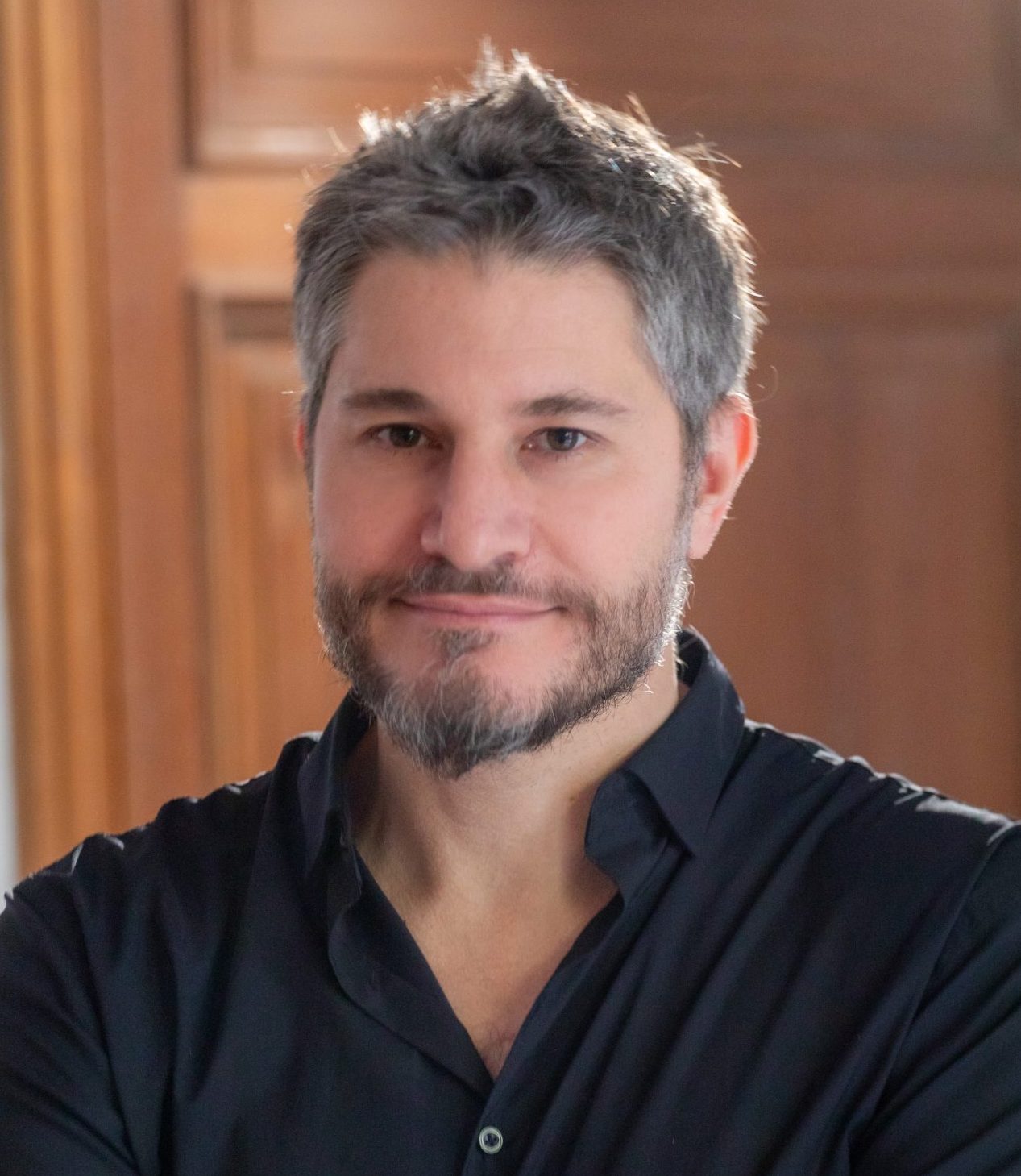
Agustin Ibañez
Global Brain Health Institute (GBHI) and Latin American Brain Health Institute (BrainLat), Ireland and ChileThe ALBA-Elsevier Award Lecture
---
Agustin Ibañez is a leading figure in the field of diversity and brain health. With over 350 publications, his work has been featured in top-tier journals such as Nature Medicine, World Psychiatry, Lancet Neurology, Nature Human Behaviour, and Nature Reviews Neurology. As the Director of the Latin American Brain Health Institute (BrainLat) at the Universidad Adolfo Ibanez, he has led ground-breaking research in neurodegenerative diseases. His role extends globally as a Group Leader of Predictive Brain Health Modelling Group, Global Brain Health Institute -Trinity College Dublin. His research, particularly in brain health and dementia, has been supported by multiple international funding bodies, and he has directed over 35 postgraduate research projects and maintains international collaborations with renowned institutions like the University of Heidelberg, MRC-Cambridge, and UCSF. The speaker's contributions to the field have been recognized with numerous awards, playing a critical role in advancing brain health research in Latin America, establishing the first Latin American mayor of Behavioral Sciences, and founding the Multi-partner Consortium to Expand Dementia Research in Latin America (ReDLat). As an associate editor of multiple journals and former President of the Latin-American section of the Society for Social Neuroscience, his influence extends to shaping the future of neuroscience research. Their work has been highlighted in international media, such as the BBC, Nature, Nature News, Discovery Channel, Popular Science, Daily Mail, Newsweek, Le Monde, and Oxford University Press, underscoring their impact on the scientific community and the public sphere.
Agustin Ibañez
Global Brain Health Institute (GBHI) and Latin American Brain Health Institute (BrainLat), Ireland and Chile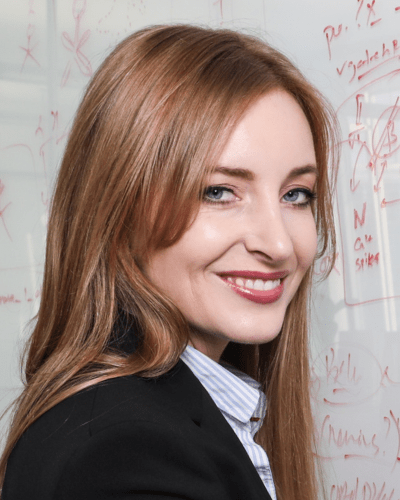
Mackenzie Mathis
Swiss Federal Institute of Technology Lausanne (École Polytechnique Fédérale de Lausanne), SwitzerlandEric Kandel Young Neuroscientists Prize Lecture
---
Prof. Mackenzie Mathis holds the Bertarelli Foundation Chair of Integrative Neuroscience and serves as an Assistant Professor at the Swiss Federal Institute of Technology, Lausanne (EPFL). She completed her PhD at Harvard University (USA) in 2017 under the mentorship of Prof. Naoshige Uchida. Following her doctoral studies, she received the Rowland Fellowship at Harvard, which allowed her to establish her independent laboratory from 2017 to 2020. Her research at EPFL focuses on unravelling the mechanisms that underlie adaptive behaviour in intelligent systems. Her lab employs an interdisciplinary approach, combining machine learning, computer vision and experimental studies in rodents with the aim of deciphering the neural foundations of adaptive motor control. While doing so, the lab develops open-source tools for the analysis of animal behaviour (DeepLabCut) and modelling neural dynamics (CEBRA). Her achievements include being recognised as an ELLIS Scholar, Vallee Scholar, and a former NSF Graduate Fellow.She has received the FENS EJN Young Investigator Prize in 2022.
Mackenzie Mathis
Swiss Federal Institute of Technology Lausanne (École Polytechnique Fédérale de Lausanne), Switzerland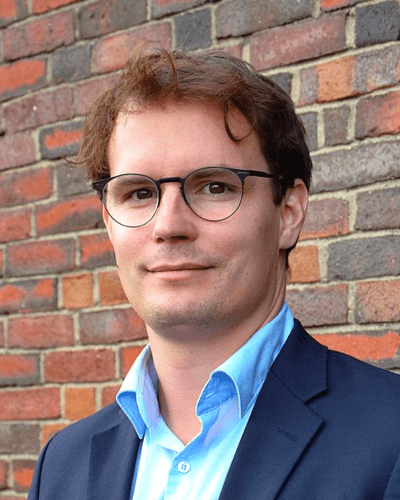
Alexander Mathis
Swiss Federal Institute of Technology Lausanne (École Polytechnique Fédérale de Lausanne), SwitzerlandEric Kandel Young Neuroscientists Prize Lecture
---
Prof. Dr Alexander Mathis is an Assistant Professor at EPFL. His group works at the intersection of computational neuroscience and machine learning. Ultimately, his group is interested in reverse engineering the algorithms of the brain in order to figure out how the brain works and to build better artificial intelligence systems. While doing so, he strives to develop open-source tools for the analysis of animal behaviour. In parallel, he develops models and theories of adaptive sensorimotor control. Previously, he was a Marie-Curie Fellow at Harvard University (USA) and the University of Tübingen (Germany). He completed his doctorate training at Ludwig Maximilians University in Munich (LMU) after studying mathematics at LMU. For his PhD, he worked on optimal coding approaches to elucidate the properties of grid cells.
Alexander Mathis
Swiss Federal Institute of Technology Lausanne (École Polytechnique Fédérale de Lausanne), Switzerland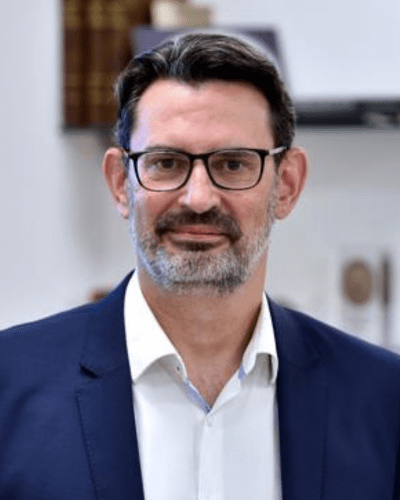
Oscar Marín
King's College London, Centre for Developmental Neurobiology, UKFENS-EJN Award Lecture
---
Oscar Marín is a Professor of Neuroscience and Director of the MRC Centre for Neurodevelopmental Disorders and the Centre for Developmental Neurobiology at King’s College London, UK. He graduated in Biology and obtained a PhD in Neuroscience from Universidad Complutense in Madrid (Spain), followed by postdoctoral training at UCSF. He was a group leader at the Institute of Neuroscience in Alicante before joining King’s College London in 2014. In 2005, he was selected as one of the founding members of the Scientific Council of the European Research Council, where he served until 2010. He is a Member of the European Molecular Biology Organization, a Fellow of the Academy of Medical Sciences and a Fellow of the Royal Society. Oscar serves on several editorial and advisory boards and has received multiple prizes, including the Prix Roger de Spoelberch (2014), the Cajal Medal from the Spanish Royal Academy of Sciences (2017), the ECNP Neuropsychopharmacology Award (2023) and the FENS-EJN Award (2024).
Oscar Marín
King's College London, Centre for Developmental Neurobiology, UK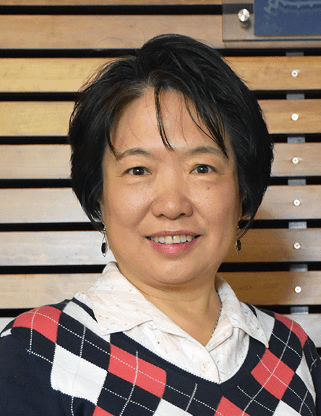
Limei Zhang
National Autonomous University of Mexico, MexicoThe ALBA-Elsevier Award Lecture
---
Dr Zhang is a Mexican physiologist working at the National Autonomous University of Mexico (UNAM) for the last 30 years. Originally from Beijing, China, she embarked on a journey to UNAM to study medicine under a cultural exchange program between the two nations. Married to a Mexican theoretical physicist and a proud mother of three children, Dr Zhang holds MD, MSc, and PhD (Physiological Sciences) degrees from UNAM. Her academic journey includes impactful postdoctoral training in Biomathematics (1992-1993) and Anatomical Neuropharmacology (2000-2001, 2007-2008) at the University of Oxford, UK and also as visiting Professor at MPI for Medical Research, Heidelberg, NIDA/NIH Baltimore, and NIMH/NIH Bethesda. Her research is guided by hypotheses exploring the influence of peptides within sensorimotor circuits on circuit performance. This exploration involves (1) modulating local synthesis of presynaptic and postsynaptic proteins, (2) observing modifications in synapse structure and assembly during physiological events, and (3) regulating circuits through the application of agonists/antagonists in normal and peptide-deficient animals. To unravel the spatial relationships between the action sites of peptides and non-peptide neurotransmitters, Dr Zhang's team employs cutting-edge expansion super-resolution microscopy and focused ion beam scanning electron microscopy (FIBSEM) to examine the ultrastructure of presynaptic terminals in defined limbic peptidergic subpopulations in healthy rodents. Furthermore, utilizing in vivo electrophysiology methods and mathematical modelling, Dr Zhang's group endeavours to predict how alterations in peptide circuit performance impact brain regional oscillation coherence, phase-locking, and behavioural outcomes.